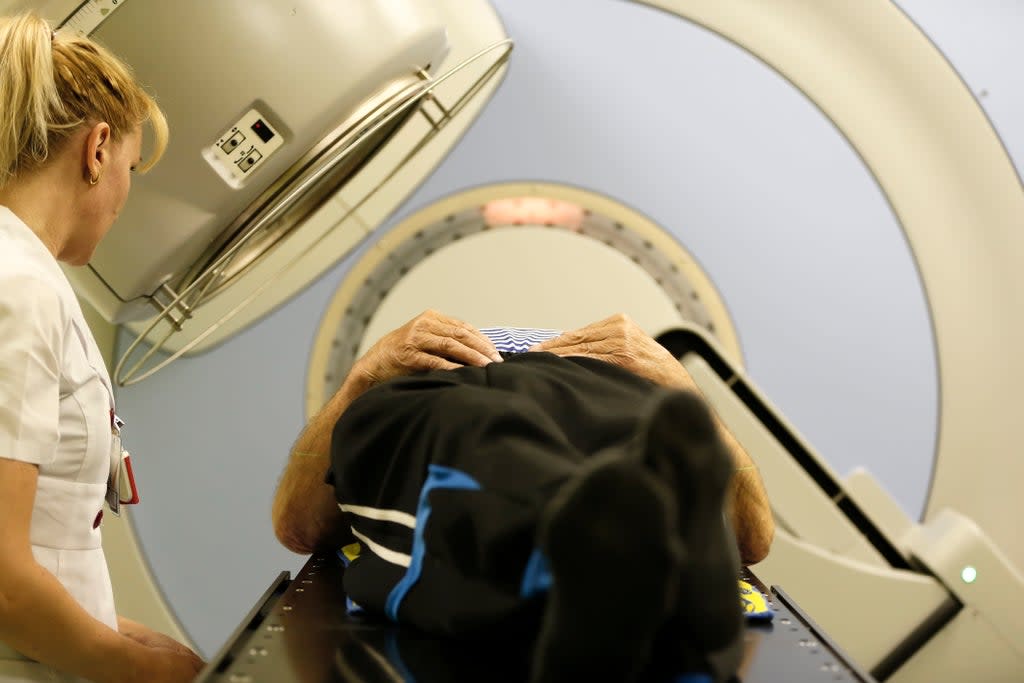‘Major breakthrough’ on pancreatic cancer as scientists on cusp of two-in-one treatment to extend life

British scientists have hailed a major breakthrough in the fight against pancreatic cancer with the development of a two-in-one treatment that could significantly improve survival rates, which have barely improved in the last 50 years.
Researchers from the Institute of Cancer Research in London combined two treatments already used in hospitals as part of their research and tested them on mice.
One of the treatments is immunotherapy which involves a drug that works up the immune system to fight the cancer. The drug blocks the protein that stops the immune system from attacking cancer cells and has had major success against some types of cancer. But pancreatic cancer tumours have a thick outer layer that stops the drug from breaking through the barrier.
The second treatment involves high intensity focused ultrasound (HIFU) blasting the tumour with pulses of sound waves. This creates small bubbles in the cells which bounce around vigorously, and puncture holes in the protective barrier which allows the drug to work effectively.
Mice with pancreatic tumours given the combination treatment lived 25 per cent longer than those given just HIFU, and 35 per cent longer than those only given the drug. They also lived 40 per cent longer than those not treated at all.
Researcher Dr Petros Mouratidis said that such treatment could add several extra months of life in humans. But the mice were only given a single treatment, and researchers hope the two-in-one therapy could potentially cure pancreatic cancer if given as an extended course.
If the human trials are successful, the treatments could be in widespread use within five years.
Dr Mouratidis is also optimistic that the treatment will work late in the disease which is vital as most cases of pancreatic cancer are not diagnosed until it has spread around the body.
Pancreatic cancer is often hard to detect early as the organ is buried deep inside the body, so tumours cannot be seen or felt. The disease also often displays no symptoms until the tumour has grown and spread to other organs.
Dr Chris MacDonald, head of research at Pancreatic Cancer UK, said: “Further research is needed, but the potential of this combination is exciting and it underlines the importance of testing new, innovative approaches.
“More treatment options are desperately needed if we’re to transform survival for future patients and their loved ones.”
The disease is the UK’s sixth most common cause of cancer and the fifth-biggest cancer killer, causing around 9,400 deaths a year. More than half of the 10,500 people with pancreatic cancer die within three months of diagnosis, and only one in four live for a year or longer.

